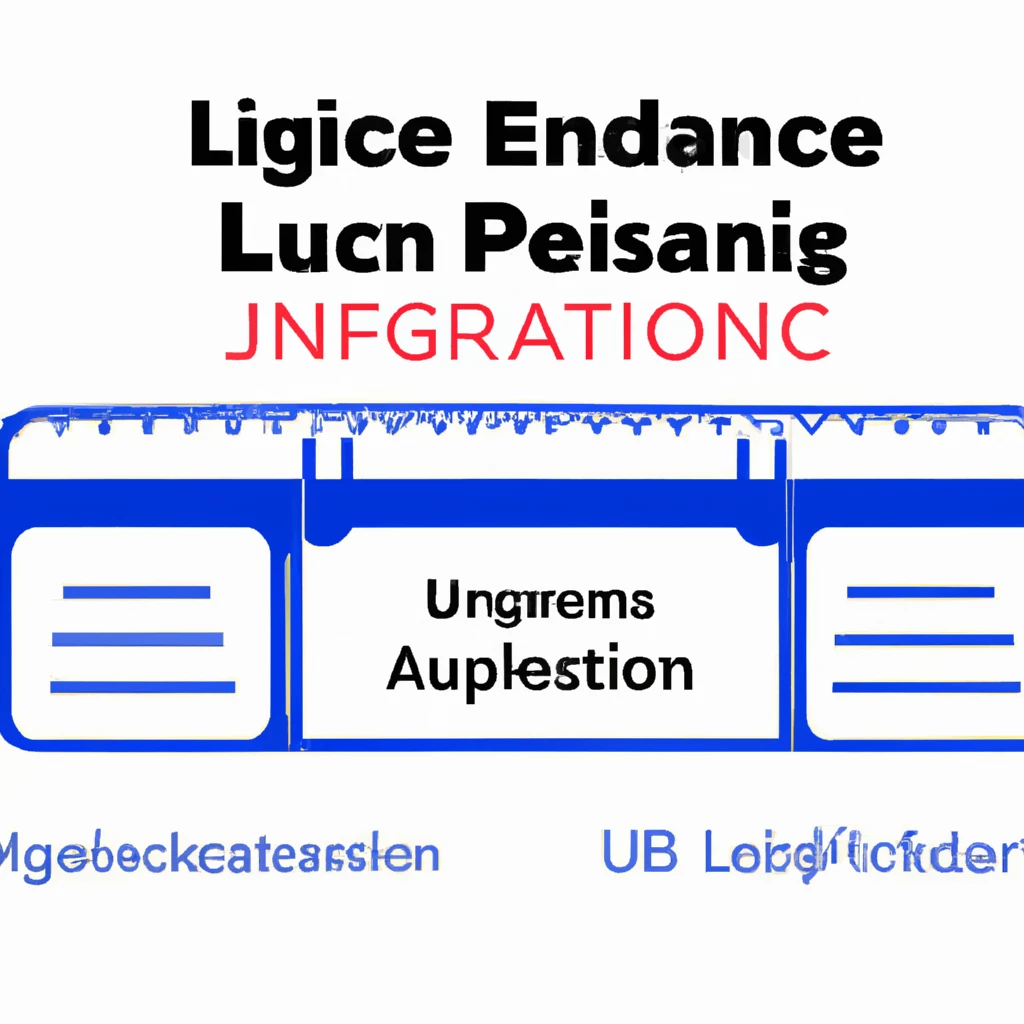Understanding Judgment Liens
A judgment lien is a legal ruling that empowers a creditor to seize a debtor’s property in case of non-payment toward their contractual obligations. This type of lien can affect individuals or businesses, allowing creditors access to assets such as personal belongings, real estate, and business assets to settle the debt.
### Key Points:
- A judgment lien is a court-authorized claim that enables a creditor to claim a debtor’s property if the debt is not repaid as agreed.
- Judgment liens are involuntary, meaning they can be attached to property without the owner’s consent or permission.
- These liens can be placed on real or personal property, including future acquisitions if the debtor does not own relevant assets at the time of the judgment.
The Process of Judgment Liens
In situations where a debtor fails to settle a debt with a creditor, legal action can be taken leading to a court judgment. Subsequently, the creditor may file a judgment lien against the debtor, attaching it to their property without consent.
A party with a court-issued judgment is termed a judgment creditor, while the party against whom the judgment is ruled is the judgment debtor.
Typically, the judgment creditor must register the lien through a county or state filing process. In specific states, a judgment automatically creates a lien on any real estate owned by the debtor in that area.
Once the judgment lien is recorded, it becomes linked to the debtor’s personal or real property. Personal assets include items like cars and furniture, while real property encompasses homes or land.
The property must be registered in the debtor’s name for the lien to apply. If the debtor lacks property at the time of filing, the lien can be attached to future acquisitions unless it expires.
Notably, personal property without official titles poses a challenge as liens might not be recorded, risking sale to unaware parties.
**Note:** Judgment liens do not reflect on individual credit reports, as per Experian.
Strategies for Debtors
Debtors facing judgment liens have options to satisfy or evade the lien. Repayment of the debt is a straightforward approach, prompting the creditor to remove the lien upon full payment.
In the scenario of bankruptcy, debtors can potentially avoid nonconsensual judgment liens on assets like property or vehicles through lien avoidance under specific conditions.
- The lien must originate from a court-issued money judgment.
- The debtor should be eligible to claim exemptions for a portion of their equity in the property.
- If the property were to be sold, the lien would result in a loss of this exempt equity.
Utilizing lien avoidance can be advantageous, especially when the possibility exists to eliminate the lien in part or in full.
Case Examples of Judgment Liens
Instances where one party sues another due to negligence resulting in property damage can lead to a judgment lien if compensation is not covered by insurance. This ensures payment to the injured party, with further steps potentially including wage garnishment or asset seizure.
As another case in point, a lien may be placed on a debtor’s vehicle due to nonpayment of a car loan, allowing the creditor to sell the vehicle to recover the outstanding debt. This concept extends to various motor vehicles.
Comparison: Judgment Liens vs. Property Liens
Unlike judgment liens issued without consent, property liens are voluntarily agreed upon by the debtor. By offering property as collateral, the creditor secures the right to reclaim it if the borrower defaults, distinctly different from judgment liens.
In larger financial transactions like home purchases, creditors may require security through property liens to protect their investment, mitigating risks in case of defaults.
Definition: Statutory Lien
A statutory lien, governed by legal regulations instead of contracts or common law, encompasses types like mechanic’s liens and tax liens.
Understanding Mechanic’s Liens
In the realm of construction, mechanic’s liens, also termed construction liens, can be utilized. These liens safeguard contractors’ rights by allowing them to impose a claim on property if payment is not received for their labor.
Overview: Tax Liens
A tax lien imposed by government entities on individuals or businesses due to unpaid taxes secures the government’s interest in assets like real estate and financial holdings until the debt is settled.
In Conclusion
Judgment liens serve as legal enforcement tools to compel debt repayment. When faced with a judgment lien, swift debt settlement is often the most favorable course of action.
